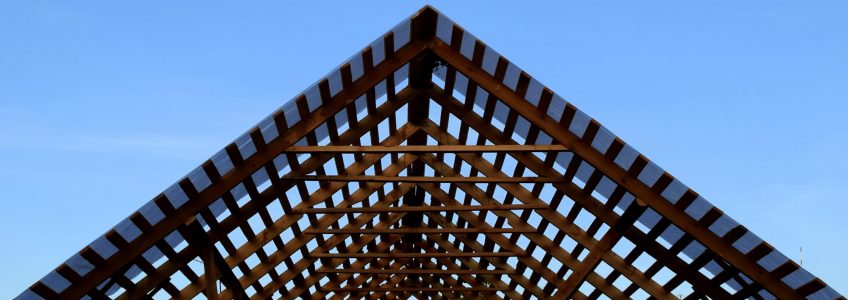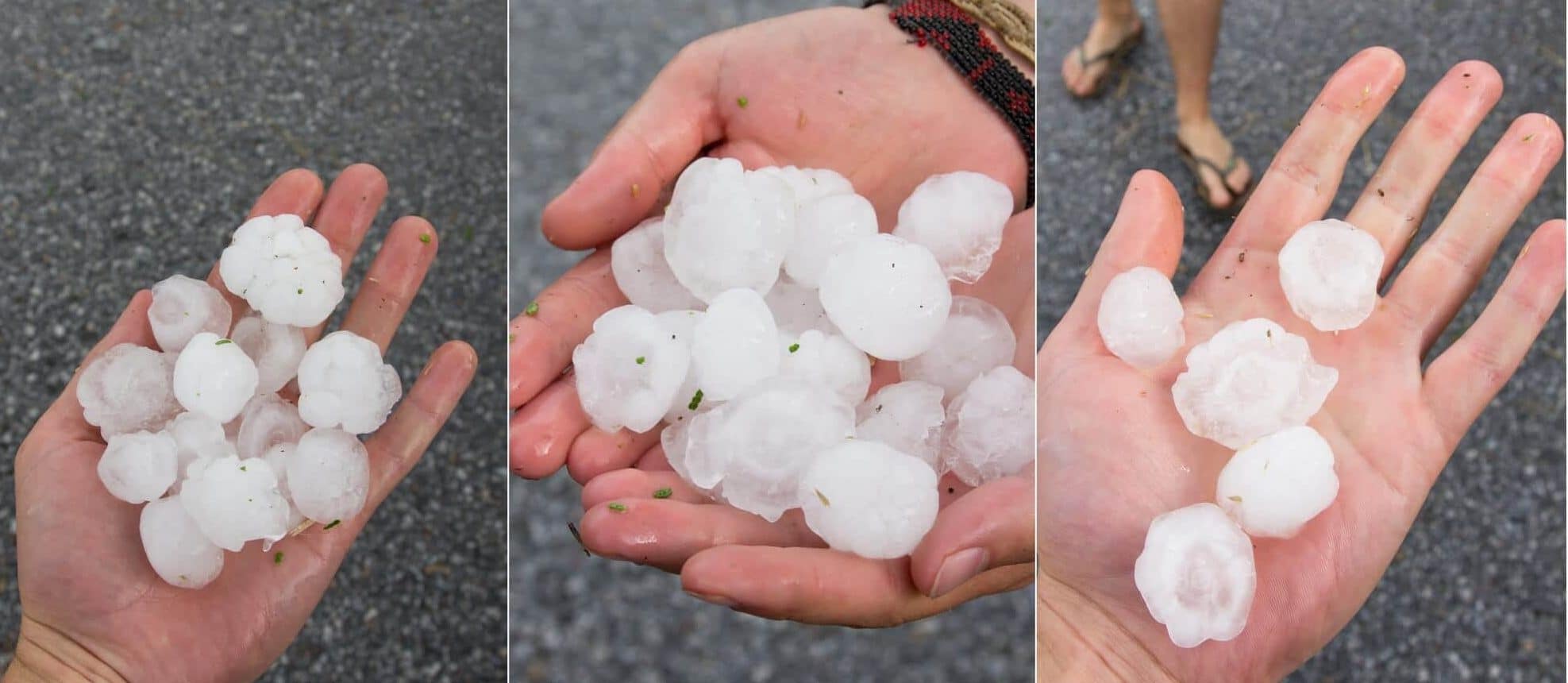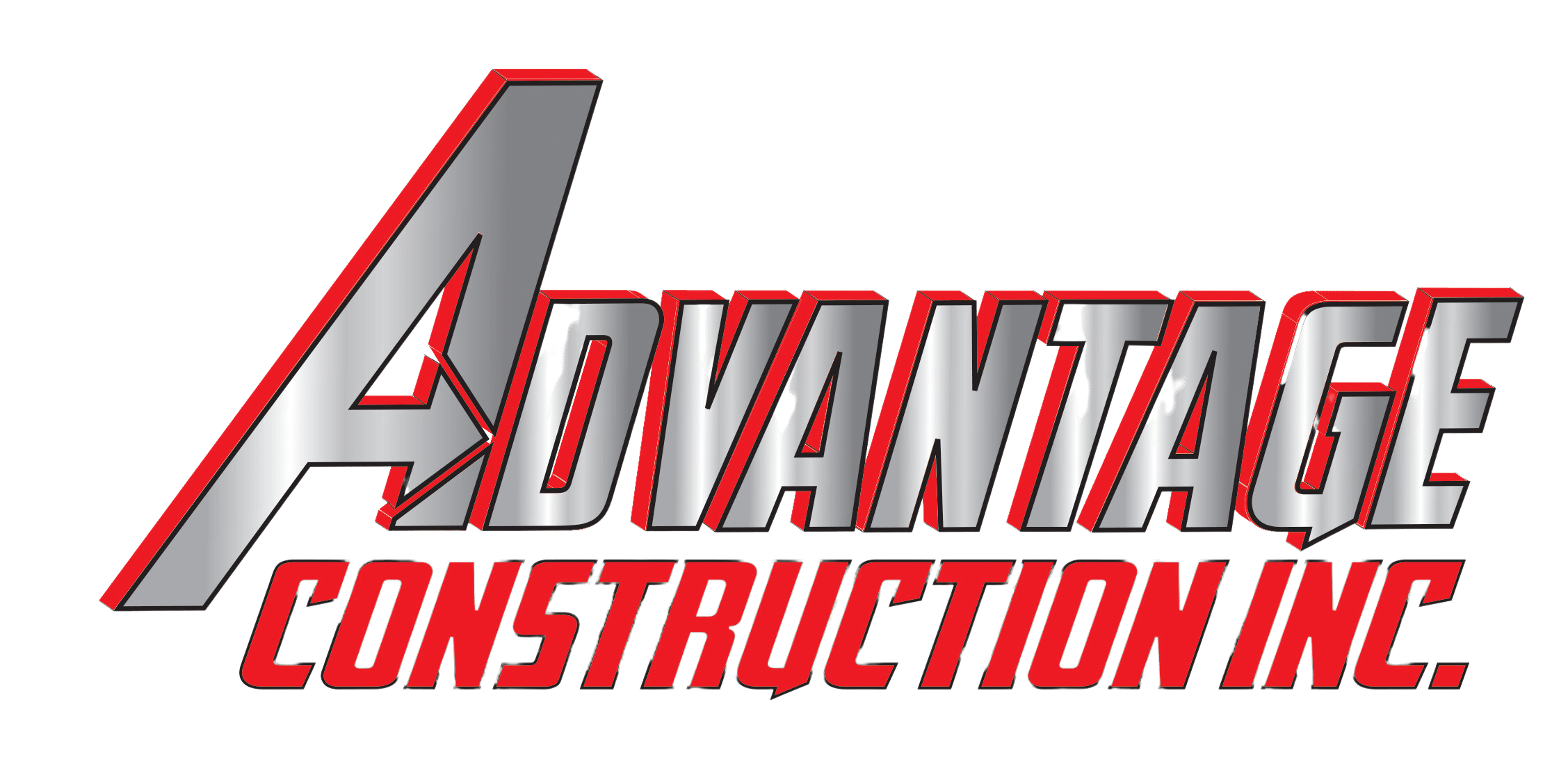
Dealing with commercial roof damage can be a pain, but the roof is one of the most critical parts of your building to maintain. There can be many causes of roof damage, including extreme weather, ice dams, and defective gutters. Ensuring your roof is regularly checked and maintained will help you avoid any damage. But when it does happen, these tips for dealing with the damage will help you fix the problem in no time:
- Choose an experienced commercial roofing contractor.
- Take photos of the damage immediately after it happens.
- Inform building occupants of the damage and any precautions they should take.
- File an insurance claim for the damage.
- Do not delay emergency roof repairs.
- Choose the best repair plan.
- Make sure all roof equipment is functioning correctly.
- Schedule roof inspections twice a year.
- Let occupants know once the repairs have been completed.
- Regularly check the roof and schedule maintenance.
What Causes Roof Damage
There are some common causes of commercial roof damage, many of which can be avoided. It’s essential to know what can cause damage so that you can prevent it from happening or take proper maintenance steps to keep the problem at bay. Everything from weather to critters to improper shingles can affect your roof. Commercial buildings should schedule annual inspections to make sure the roof looks good and is without damage. Here are some of the most common causes of roof damage:
- Heavy snowfall
- Heavy rainfall
- Strong winds
- Hail
- Constant humidity
- Ice dams
- Improperly installed shingles
- Improper insulation (especially in attic or top floor)
- Skipping roof maintenance
- Unwanted wildlife
- Defective gutters
 Tips for Dealing With Commercial Roof Damage
Tips for Dealing With Commercial Roof Damage
No matter what type of roof damage you’re dealing with, hiring someone to help you with repairs is a smart move. You might need a total roof replacement if the damage is that bad. Otherwise having a roofing expert replace shingles or address the specific problem is a great solution. Here are ten tips to help you deal with the damage.
1. Choose an Experienced Roofing Contractor
When dealing with commercial roof damage, the first tip is to hire a knowledgeable roofing expert who can help you assess the damage and move forward. Choosing someone with experience in the industry will ensure that they can develop the best solutions for the damage your roof has sustained.
2. Take Photos of the Damage
It’s essential to take photos of your roof’s damage immediately after it happens. These photos will come in handy when you file an insurance claim or need to hire a contractor to do the work. Taking pictures of the damage will give you proof of the damage sustained by your commercial roof so that no one can claim otherwise.
3. Inform Building Occupants
A vital tip for dealing with commercial roof damage is to inform your building occupants of what happened so that they aren’t caught off guard if they see the damage themselves or when the work to repair the roof begins. Keeping your occupants informed of what’s going on is always crucial to owning a commercial property, and they will appreciate your open communication.
4. File an Insurance Claim
Let your insurance company know right away about any damage that has occurred. Contact your representative to let them know what happened and what you’ll need to do to get your commercial roof repaired.
5. Do Not Delay
Emergency roof repairs should never be delayed because they could be dangerous for building occupants and visitors. Once significant damage has been done, and the damage is documented through photos and an insurance claim, you should get to work right away repairing the roof.
6. Choose the Best Repair Plan
Your roofing contractor will help you determine the best repair plan after your roof has been damaged. You may not have to do a total roof replacement in some cases. Thankfully, individual shingles or areas of the roof can be repaired without touching other roof parts that did not sustain any damage. Working with an experienced contractor will ensure that you decide on the best solution for the kind of damage on your roof.
7. Make Sure Roof Equipment Is Functioning
While your commercial roof is being repaired, it’s a good idea to check everything out to ensure that the whole roofing system is functioning properly. Checking gutters, drains, the attic, and vents are essential to making sure your roof won’t be damaged further. All of the equipment related to roofing can significantly impact the performance of the roof as a whole.
8. Schedule Roof Inspections
At the very least, commercial roof inspections should be performed twice a year to check for any issues that could turn into more extensive damages down the road. It’s a great idea to schedule an inspection for a few months after you’ve had damage so that the roofing contractor can check everything out and make sure the repairs are holding.
9. Let Occupants Know
Once the repairs have been completed, you should let your building occupants know. Hopefully, they won’t be too disrupted by any repairs that have taken place. With open communication, both building owners and occupants can understand what’s going on with the building and the roof.
10. Regularly Maintain the Roof
The only way to avoid further damage is to inspect the commercial roof and check for any issues regularly. By maintaining your roof on a schedule and regularly cleaning out gutters, you will be able to avoid certain types of damage. Of course, you can’t predict large storms or unwanted wildlife, but if your roof is in great condition it should be able to sustain most damages without too much trouble.
Dealing With Damage
These ten tips should help you deal with any commercial roof damage you experience. Finding a roofing contractor you can trust is a great start. From there, make sure you take photos of the damage, repair it properly, and schedule regular maintenance. Ensuring your roof is up to harsh weather conditions and other potentially damaging factors will mean less time spent dealing with any damage in the first place.
